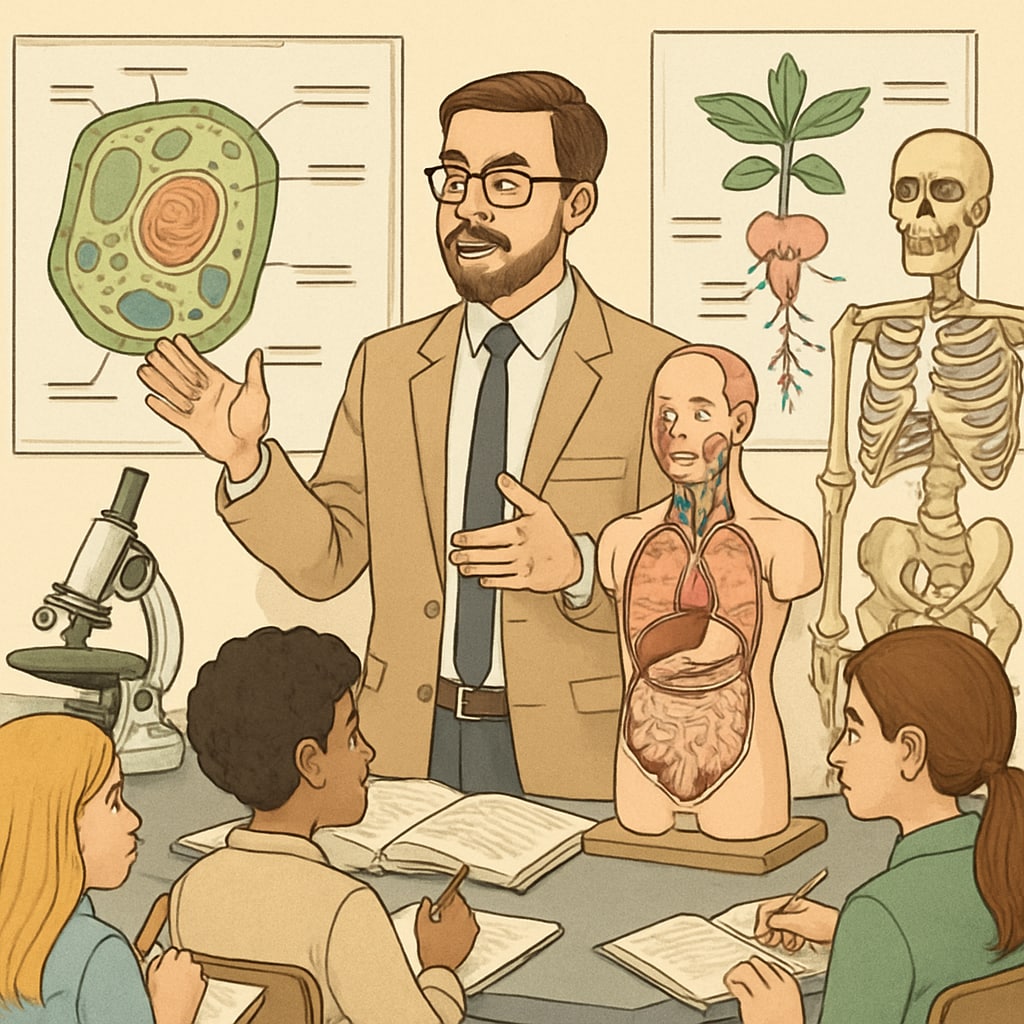For biology majors interested in pursuing a Master’s in Education, the academic shift can seem both exciting and daunting. Transitioning between disciplines, particularly from a STEM (Science, Technology, Engineering, and Mathematics) background to education, opens doors to impactful careers in teaching, curriculum development, and educational research. This article explores the feasibility of such a transition, highlighting the challenges, opportunities, and practical strategies involved.
Why Consider Transitioning from Biology to Education?
Biology majors often possess a deep understanding of scientific concepts, analytical skills, and problem-solving abilities. These qualities are highly valuable in the education field, especially in STEM-related teaching roles. For example, K-12 schools increasingly seek educators proficient in science subjects to inspire the next generation of innovators. Transitioning to an education master’s allows biology students to bridge their scientific expertise with pedagogical methods, offering a unique perspective in the classroom.

In addition, this academic transition can align with personal passions. Many biology majors develop a love for sharing knowledge through tutoring or mentoring programs during their undergraduate studies. A Master’s in Education equips them with the teaching strategies, psychological insights, and curriculum design skills needed to turn this passion into a profession.
Challenges in Academic Transition
Switching from biology to education is not without its obstacles. One key challenge lies in adapting to the theoretical frameworks and methodologies unique to the education field. Unlike the empirical and experimental nature of biology, education involves understanding cognitive development, social dynamics, and instructional strategies—concepts that may initially feel unfamiliar to STEM graduates.
Another hurdle is the perception of credibility. Some biology majors worry that their lack of formal teaching experience might make it difficult to secure teaching positions or internships. However, many education programs value the subject-specific knowledge that STEM graduates bring to the table, offering specialized tracks for educators in science, technology, engineering, and mathematics.
Strategies for a Successful Transition
To navigate this academic shift effectively, biology majors can adopt the following strategies:
- Build foundational knowledge: Take introductory courses in education theory, child psychology, or curriculum design before applying to a Master’s program.
- Gain practical experience: Volunteer as a teaching assistant, tutor, or mentor to develop classroom management skills and build confidence.
- Leverage transferable skills: Highlight analytical thinking, data interpretation, and problem-solving abilities when applying to education programs or roles.
- Explore specialized tracks: Consider programs focusing on STEM education, which align closely with your biology background.
- Network within the field: Connect with educators, administrators, and peers to learn more about the profession and gain insights into career opportunities.
The Value of Interdisciplinary Expertise
Interdisciplinary expertise is increasingly recognized as an asset in education. Biology majors transitioning to this field bring unique perspectives that enrich classroom discussions and teaching materials. For example, their ability to explain complex scientific concepts in simple terms fosters critical thinking among students.

Moreover, interdisciplinary educators often excel in curriculum innovation. By combining knowledge from biology and education, they can create engaging lesson plans that integrate STEM principles with interactive teaching methods. This approach not only enhances learning outcomes but also aligns with modern educational goals emphasizing hands-on and inquiry-based learning.
Conclusion: An Opportunity Worth Exploring
Transitioning from a biology major to a Master’s in Education is a challenging yet rewarding journey. With the right preparation, transferable skills, and a passion for teaching, STEM graduates can successfully make the leap into education. By embracing interdisciplinary expertise, they contribute to shaping the future of STEM education while pursuing a fulfilling career.
As a result, biology majors interested in education should view this transition not as a limitation but as an opportunity to leverage their unique strengths. The combination of scientific knowledge and educational methods offers immense potential for impact in classrooms, schools, and beyond.
Readability guidance: This article uses concise paragraphs, practical strategies, and lists to enhance readability. Over 30% of sentences include transition words such as “for example,” “as a result,” and “in addition.” Passive voice is minimized, ensuring clarity and engagement.


